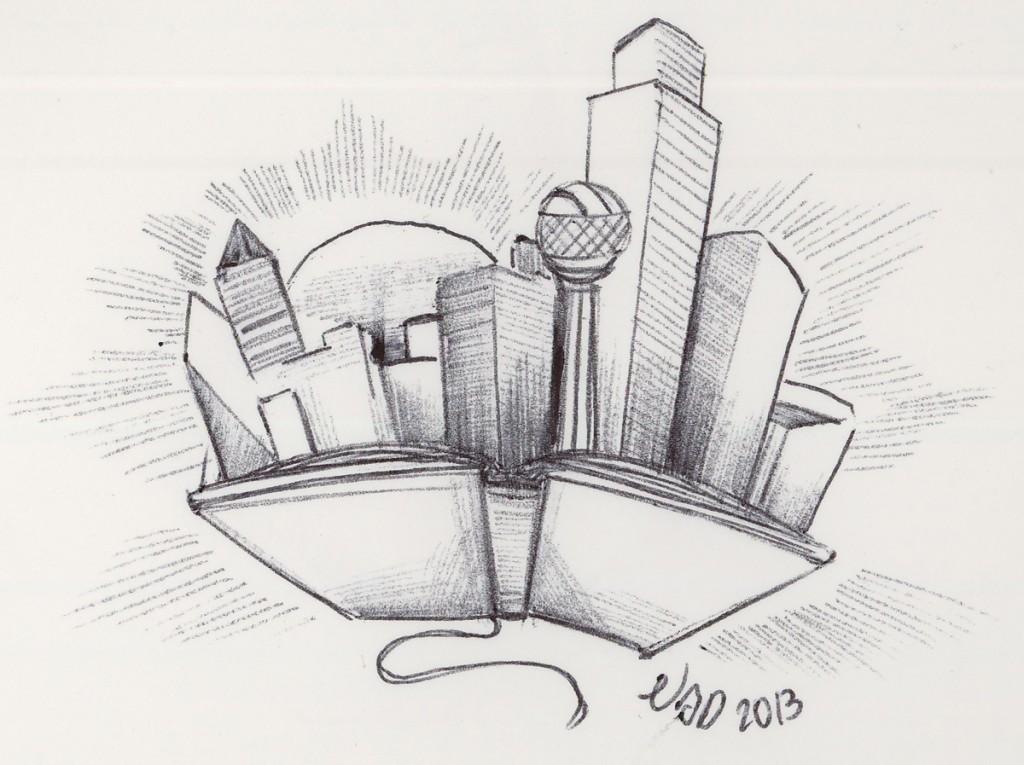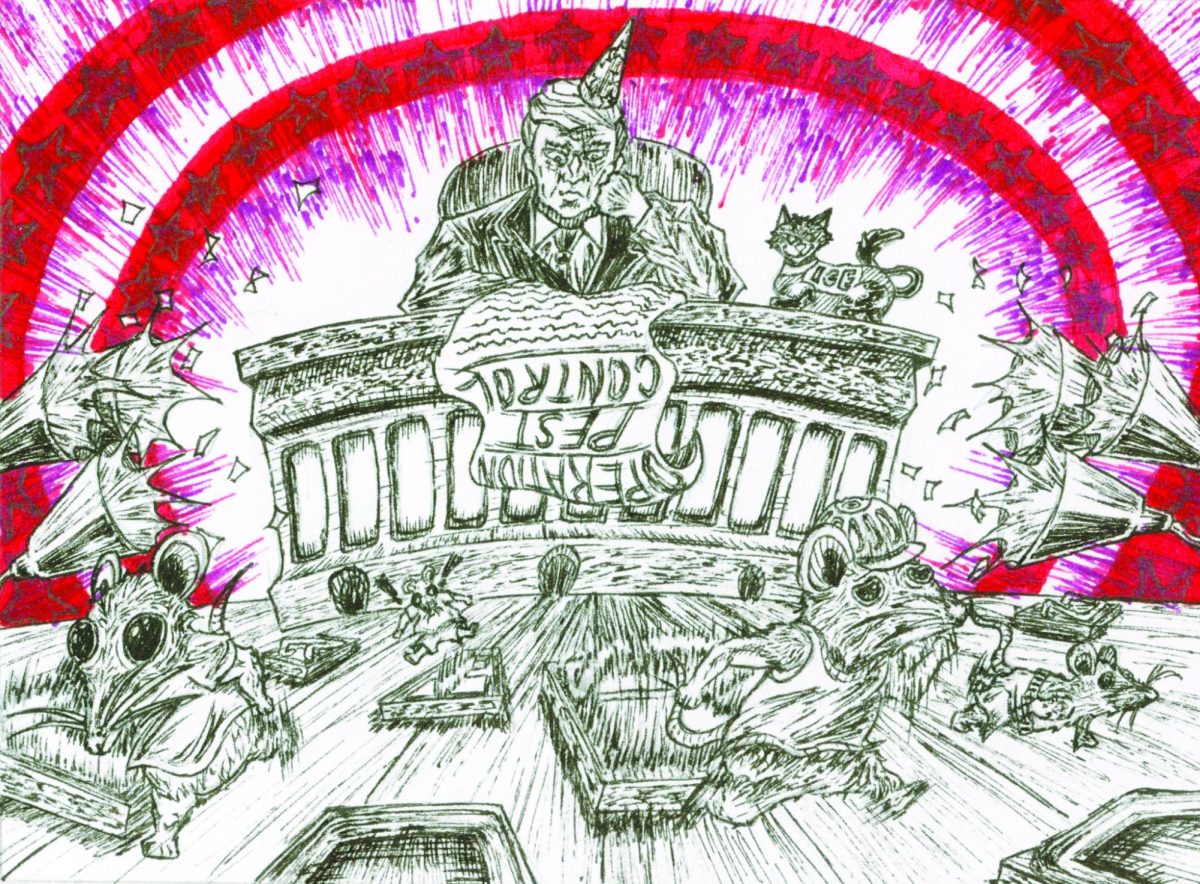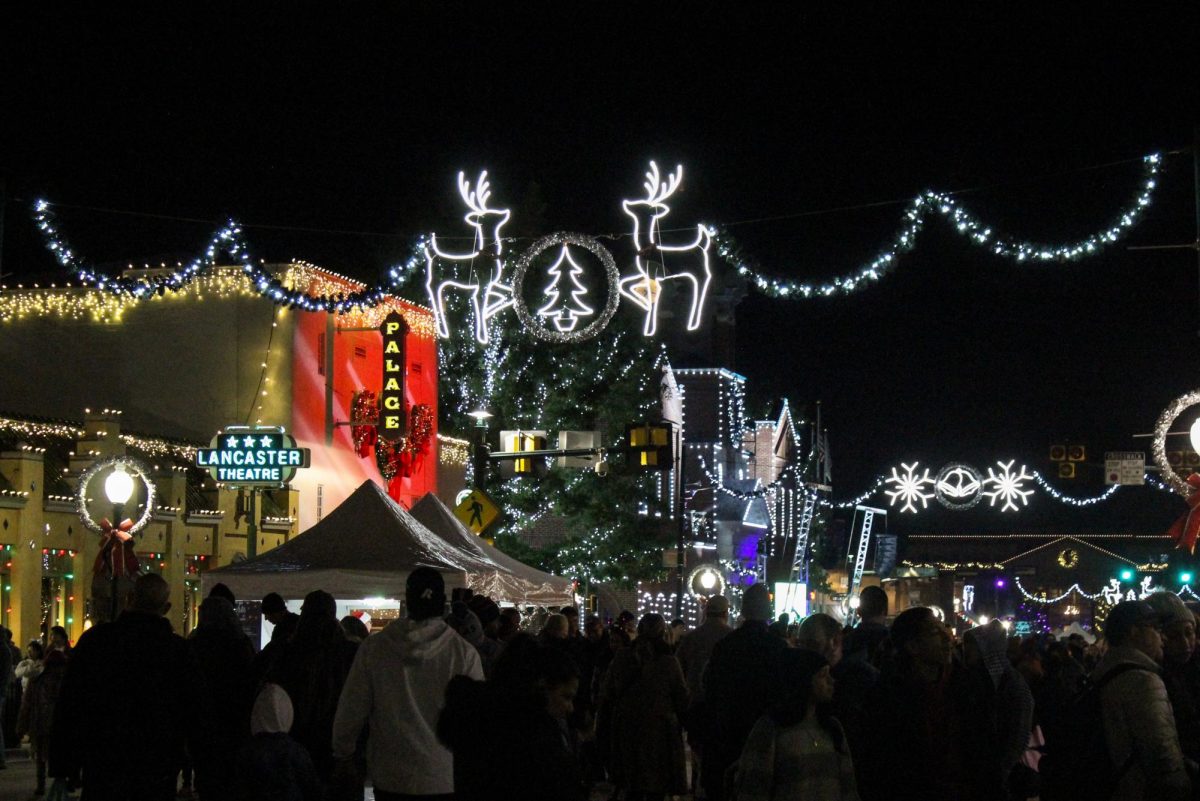By Chris R. Allison
Copy Editor
Book Review

“Dallas 1963” is not another book rehashing the tragic events surrounding the assassination of President John F. Kennedy 50 years ago. Nor is it a book that entertains or refutes the vast number of conspiracy theories surrounding the former president’s death. Instead, the book’s authors, Texans Bill Minutaglio and Steven L. Davis, take a different route. The authors focus on the city of Dallas itself, the backdrop to a series of events leading to the murder of a president and his assassin.
The book begins several years before the shooting in Dealey Plaza in January 1960.
The authors treat the city as a character, fleshing out the details chronologically as they introduce a number of important personalities and situations that led Dallas into extremism.
Familiar names like Lee Harvey Oswald and Jack Ruby are absent until halfway through the story. To provide a greater context for such well-known individuals, Minutaglio and Davis have chosen to introduce the people who control the fate of the city and those opposing them.
Some, such as The Dallas Morning News owner Ted Dealey or H.L. Hunt, the era’s richest man in the world, publicly plot the course of Dallas using the Dallas Citizens Council. Others, such as Juanita Craft and H. Rhett James, attempt to foil the Council’s efforts through grassroots campaigns.
Respected businessman Stanley Marcus, founder of Neiman Marcus, attempts to straddle his vision of bringing culture to Dallas while remaining financially viable in a city of wealthy conservative customers. Meanwhile, former General Edwin Walker, after becoming convinced that communists have taken control of the United States, decides on Dallas as the ideal setting for his retirement and a the perfect place to spread his views.
The variety of characters sheds further light on the tensions within a city struggling with segregation, liberalism, communism and a number of fringe extremist ideologies. Dallas, as portrayed by the book, carries remnants of the old South such as cross burnings and regular disappearances of young black men. The conservative leaders of the city, many rich from oil money, fight Kennedy’s liberal policies at every opportunity and divide the city in the process. The resurgence of the Red Scare, intensified by the public dismissal of Walker from his post in Europe, infiltrates both the nation and the city, causing rampant suspicion and distrust.
Minutaglio and Davis highlight key events leading to November 1963: the mink coat mob’s assault on Lyndon Johnson and his wife Lady Bird Johnson, the unfriendly reception of United Nations Ambassador Adlai Stevenson, and a number of similarly disturbing situations that point to a city on the edge of reason.
The authors’ backgrounds in journalism allow for an accurate and well-paced chronology. The blistering sermons of W.A. Criswell, leader of the largest Baptist congregation in the world, the conservative “Life Line” radio programs financed by H.L. Hunt, the fiery coverage of Ted Dealey’s Dallas Morning News, and a host of other factors describe a city hurtling toward chaos. The wealth of information provided by the authors’ exhaustive research shows the amount of detail necessary to bring such an important event alive. First-hand descriptions and direct quotes provide insight into the cast of larger-than-life characters. Hundreds of footnotes linked to archival materials, police reports, statements and thousands of additional resources create a complete picture of Dallas during the early ’60s.
The result is a well-written, well-organized, informative and novel book that approaches the assassination of JFK in great detail, without repeating facts covered many times before. The authors distinguish themselves from other authors writing about JFK with a unique method and an unparalleled depth to their writing. Hopefully, “Dallas 1963” can bring a small measure of justice and redemption to a city that many blame for the death of President Kennedy.












